Solutions
March 1, 2014

Lake Mars
The mystery of how the surface of Mars, long dead and dry, could have flowed with water billions of years ago may have been solved by research that included a University of Washington astronomer.
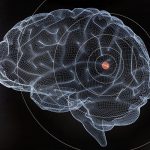
Brain sugar
A growing body of evidence suggests that the brain plays a key role in glucose regulation and the development of type 2 diabetes.
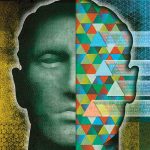
Genetic echo
Researchers led by Dr. John Stamatoyannopoulos have discovered a second code hiding within DNA. This second code contains information that changes how scientists read the instructions contained in DNA and interpret mutations to make sense of health and disease.

Got data. Now what?
At the UW, the best minds are collaborating to ask questions and harness the power of “Big Data” to find answers and seek solutions to advance the common good.
December 1, 2013
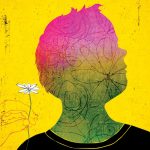
Autism onset
Between ages 3 and 10, children with autism spectrum disorder exhibit distinct brain chemical changes that differ from children with developmental delays and those with typical development, according to a new study led by UW researchers.
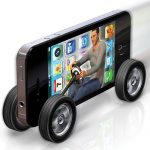
Distracted drivers
In Washington state’s first study to examine driver use of electronic devices, UW investigators saw that more than 8 percent of drivers were engaging with such devices behind the wheel, higher than previously estimated.
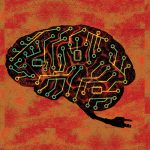
Brain bonding
UW researchers have performed what they believe is the first noninvasive human-to-human brain interface, with one researcher able to send a brain signal via the Internet to control the hand motions of a fellow researcher.
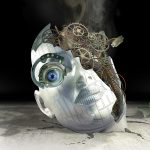
Robot bonds
Julie Carpenter, who earned her doctorate in education from the UW in June, isn’t interested in fantasy movie robots. She wants to know something more serious: the social relationship between robots and their operators in the military.
September 1, 2013
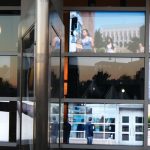
The inspiration inquiry
Expanding the boundaries of knowledge in dance, theater and other performing arts requires research of a different stripe.

Wi-Fi lifestyle
Thanks to gesture-recognition technology developed by University of Washington computer scientists, you may soon be able to brew a pot of coffee, shut off your computer, and turn up the stereo with just a few waves of your hands.
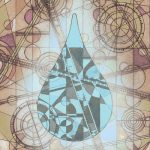
Pollution pall
For years, scientists regarded the decades of drought in Central Africa that reached an apex in the 1980s as the result of poor agricultural practices and overgrazing. New University of Washington research, however, shows that the drought was caused at least in part by Northern Hemisphere air pollution.
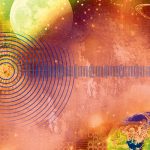
Finding phosphorous
Life on Earth may have never come to exist if not for some meteorites that pelted the planet billions of years ago.
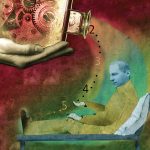
Keeping kids clean and sober
An answer to teen drug use isn’t quite as simple as “just say no.” Many teenagers know they are supposed to say no to tobacco, alcohol and other drugs but they don’t know why.
June 1, 2013
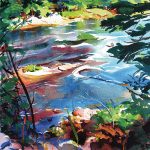
Sediment settlement
Salmon are headed upstream in the Elwha River for the first time in more than a century, but sediment—and lots of it—is headed downstream. The sediment is the result of the largest dam removal project ever undertaken.
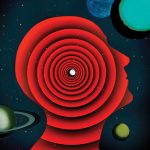
Planet unearthed
Using the Kepler telescope, scientists have been looking for Earth-like planets beyond the solar system since 2009. UW associate professor of astronomy Eric Agol has discovered perhaps the most Earth-like planet yet found outside the solar system.
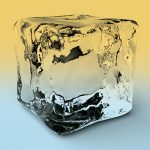
Keeping cool
UW scientists have provided fresh insight into an issue that has vexed civilization since the beginning: how to keep a drink cold on a hot day.
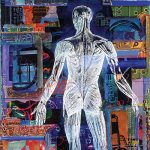
Probing DNA
The University of Washington Adult Medical Genetics Clinic is not only well-established—both UW and Johns Hopkins started the first genetics programs in 1957—but is widely considered the best in the world.
March 1, 2013
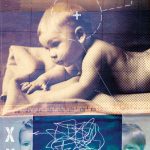
Trisomy trials
Certain medical problems experienced by people with Down Syndrome may eventually be helped because of a research breakthrough at the UW.
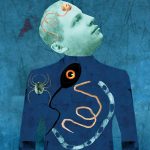
Solving IBS
The cause and treatment of Irritable Bowel Syndrome are complex problems that researchers at the UW School of Nursing are systematically addressing.
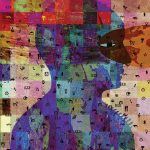
Future of medicine
The answer to developing a quick fix for a virus? (Or the answers to a whole host of other medical issues?) It might be found in proteins.